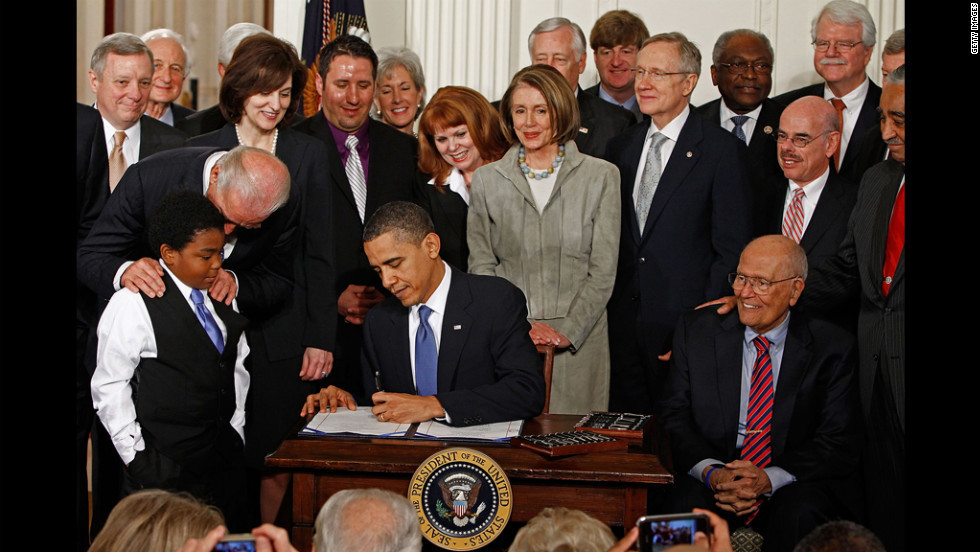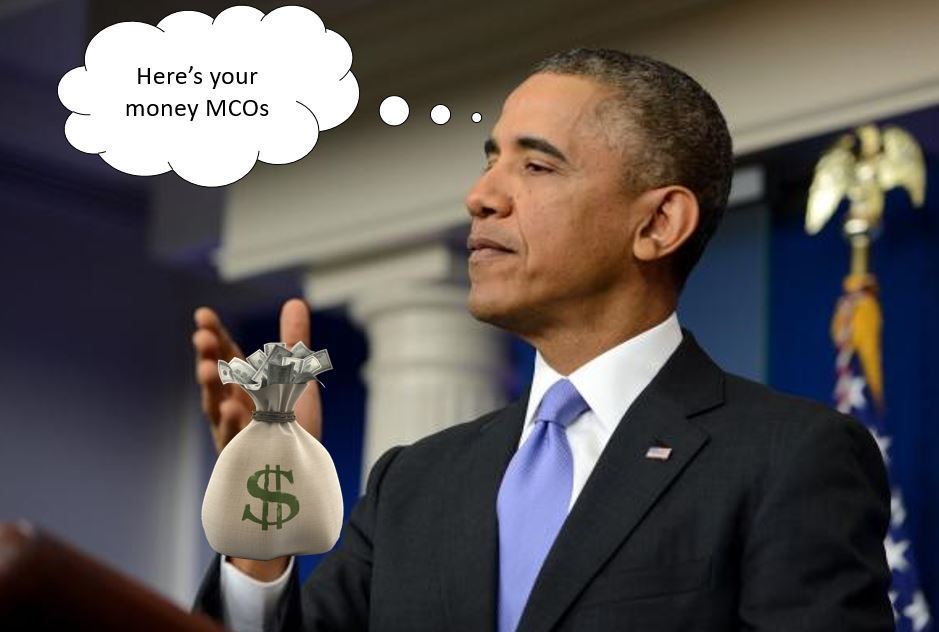
Helping you consider differing viewpoints. Before it’s illegal.
A few Medicare-ish ones this week, but keeping with our July them of technology.
Article 1:
5 payers launch blockchain partnership, chronic disease tech released and more during Q2, Dave Muoio, MobiHealthNews, July 6, 2018
Clay’s summary: I still don’t really know what blockchain is. And I’d like to keep it that way I think. Seems like some big players are betting a lot on it, though.
Key Passage from the Article
A handful of headlines from the past three months have made it clear that insurers are moving forward with novel technologies in mind. Of note, a partnership of five healthcare organizations including insurers UnitedHealthcare and Humana, Optum, Quest Diagnostics, and MultiPlan announced plans to launch a blockchain pilot to help payers tackle mandated provider directories. The program will apply blockchain technology to improve the quality of data and reduce the administrative costs associated with insurers getting up-to-date healthcare provider demographic data, with results expected in the fall.
“I think the alliance is one of the first, if not the first, national blockchain alliances for healthcare,” Mike Jacobs, a senior distinguished engineer at Optum, who has been working on the test program for two years, said. Optum also seems to have been keeping an eye on other up-and-coming technologies, namely AI and neural networks. In a sold-out discussion hosted at Optum’s Boston office and organized by the Design Museum Foundation, Sanji Fernando, vice president and head of OptumLabs’ Center for Applied Data Science, explained at length how ongoing difficulties researchers face in explaining the decision-making process of these networks is limiting their role in healthcare. “There’s some amazing breakthroughs in AI that we expect will transform health and healthcare across the world,” Fernando said during his talk. “And while some of those breakthroughs may radically change the way you receive care, there’s a long road and journey before we accomplish that — along the way, though, there’s really valuable impact that AI can have in how we receive healthcare today.”
Earlier in the quarter Tom Beauregard, chief innovation officer at UnitedHealth Group, participated in a discussion with heads from Fitbit and Empatica on the future of health and fitness wearables in an industry becoming increasingly concerned about data privacy. Noting the increasing need to communicate with consumers about these topics, he said that the best way for insurers to keep patients on board with continuous monitoring strategies is to communicate the potential health benefits through a primary care physician.
…
Article 2:
AHA ‘strongly opposes’ interoperability as a Medicare requirement, Evan Sweeney, FierceHealthcare, June 25, 2018
Clay’s summary: Hospitals don’t want any more things to slow down getting their cash, thank you very much.
Key Passage from the Article
The American Hospital Association (AHA) has come out against a policy floated by the Centers for Medicare & Medicaid Services (CMS) to make interoperability a requirement to bill Medicare and Medicaid.
In a proposed hospital payment rule issued in April, CMS included a request for information regarding a revision to hospital Conditions of Participation (CoP) and Medicaid Conditions for Coverage (CfC) that would require hospitals to share data electronically with other hospitals, community providers and patients “if possible.” In comments (PDF) submitted to CMS, the AHA said it “strongly opposes creating additional CoPs/CfCs to promote interoperability of health information.”
Article 3:
Clay’s summary: You have about 6 weeks to tell CMS you want them to move forward with the policy.
Key Passage from the Article
By allowing doctors to bill Medicare for a text, it could cut down on a more expensive trip to a hospital emergency room or help a patient save time and money by making an unnecessary trip to the doctor’s office for something that can be treated or evaluated remotely. In a conference call with reporters Thursday, Verma cited the use of Skype as one example where a physician could be paid for evaluating and consulting with a patient. The following provisions are proposed in the 2019 physician fee schedule that would allow Medicare to:
- Pay clinicians for “virtual check-ins – brief, non-face-to-face appointments via communications technology,” CMS said.
- Pay clinicians for “evaluation of patient submitted photos,” CMS said
- Expand covered telehealth services to include “prolonged preventive services,” CMS said.
Before the proposal can be implemented, it is open for public comment. But Verma believes it will go over well among physicians and their patients. “Physicians tell us they continue to struggle with excessive regulatory requirements and unnecessary paperwork that steal time from patient care,” Verma said. Public comments on the proposed rules are due by September 10, CMS said.







